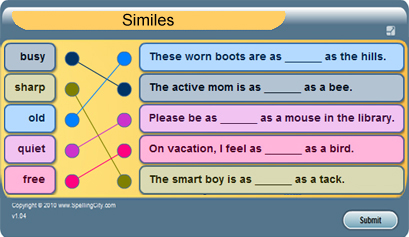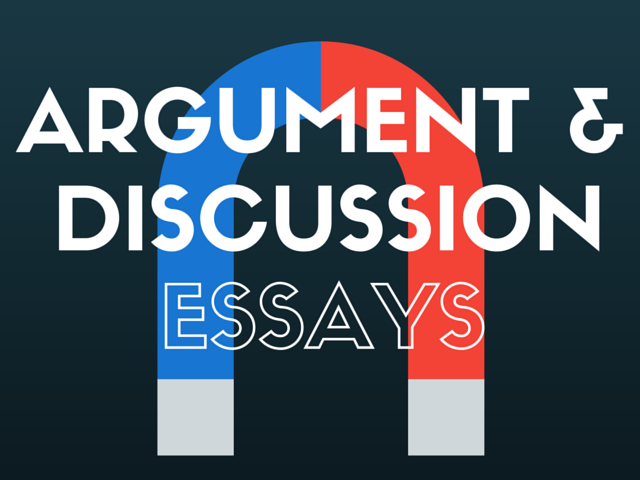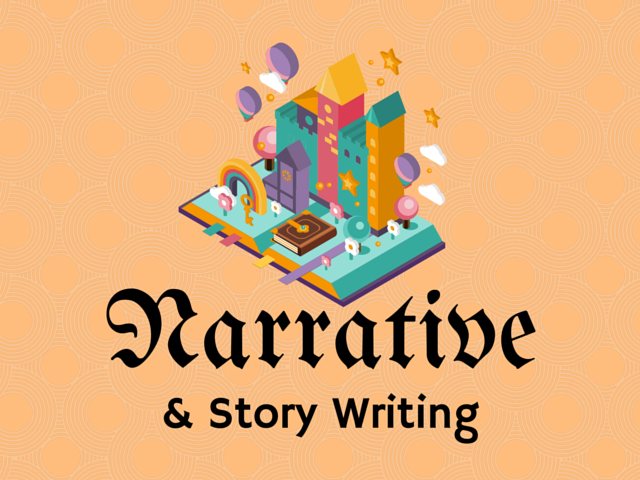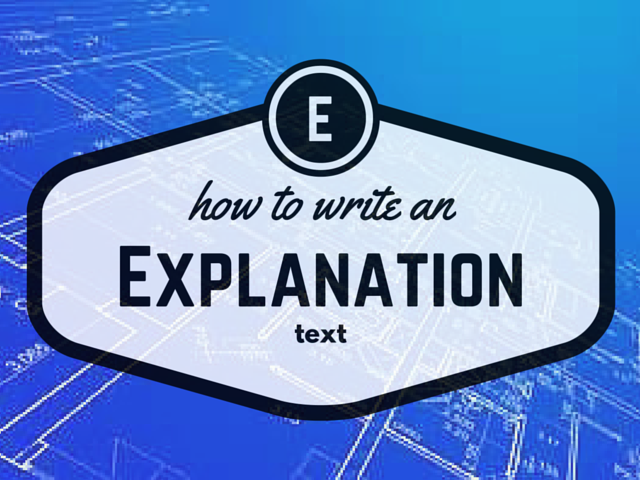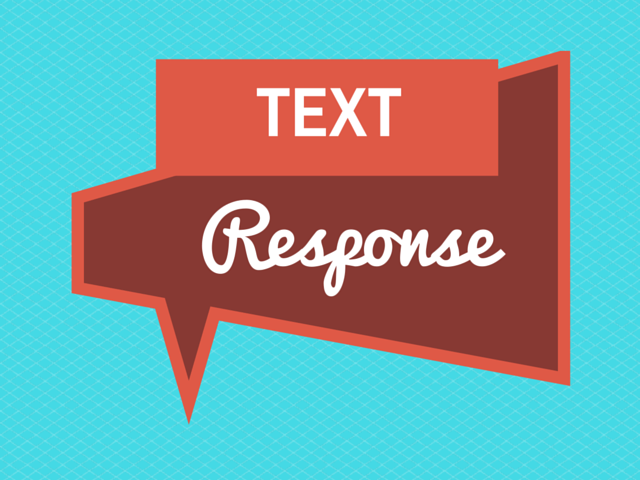EXCELLENT SPELLING TEST
/The South Australian Spelling Test has been around for a number of years and is a staple of nearly all Australian primary and early secondary teachers assessment schedule.
The test consists of 70 words and when completed allows the teacher to generate a spelling age for that student based upon their score.
It is a great tool for quickly identifying students who need assistance with their spelling skills.
The test and it's complete instructions can be downloadedhere.
It takes around 15 minutes to administer to a class.

